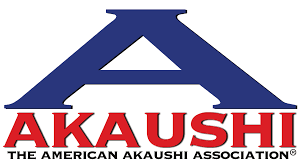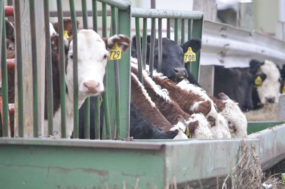The event looks to build on nine successful events dating back to 2003. In 2011, the Beef Industry Safety Summit attracted a record crowd of more than 240 beef safety professionals to Dallas, Texas, to investigate ways of further increasing the safety of beef products. Funded in part by the Beef Checkoff Program, the event allowed participants to learn more about the safety of the U.S. beef supply and to share their own ideas for how best to enhance safety procedures and maximize opportunities for ensuring safe food.
“We’re looking forward to building on the knowledge base we’ve built over the past nine years,” says J.O. “Bo” Reagan, senior vice president of Research, Education and Innovation at the National Cattlemen’s Beef Association (NCBA), contractor to the Beef Checkoff Program. “The topics we address are always ahead of the curve and allow attendees a chance to gain advance awareness and better understanding of issues that may become more prevalent in the future.”
For instance, one of the topics of key concern at the 2011 Beef Industry Safety Summit in Dallas was the emergence of non-O157 STECs, or Shiga toxin-producing E. coli, and how those pathogens might cause significant human illness. Six months following the Summit, the U.S. Department of Agriculture submitted proposed rules that would label as adulterants six non-O157 STEC in raw beef products.
“We haven’t finished developing our final program for the 2012 event yet, but we expect the topics to be equally timely,” says Reagan, who also serves as chair of the Beef Industry Food Safety Council (BIFSCo), which coordinates the Summit. “Those in the industry need to be on top of potential issues before they become problems, and be able to make the right moves to keep in front of them.”
Expected sessions at the Summit include panels at which attendees can learn from experts in their own segments of the industry, presentations from the leading researchers on various food safety topics, comments from government regulators on the attention given to various safety issues, and sessions allowing a sharing of experiences and ideas on a variety of production, manufacturing and distribution safety systems.
BIFSCo co-funds the Summit with the beef checkoff and represents every segment of the beef industry, from cow-calf producers to packers, processors, retailers and foodservice operators. It is committed to developing industry-based strategies to address food safety issues in beef.
-- From Cattlemen's Beef Board news release







